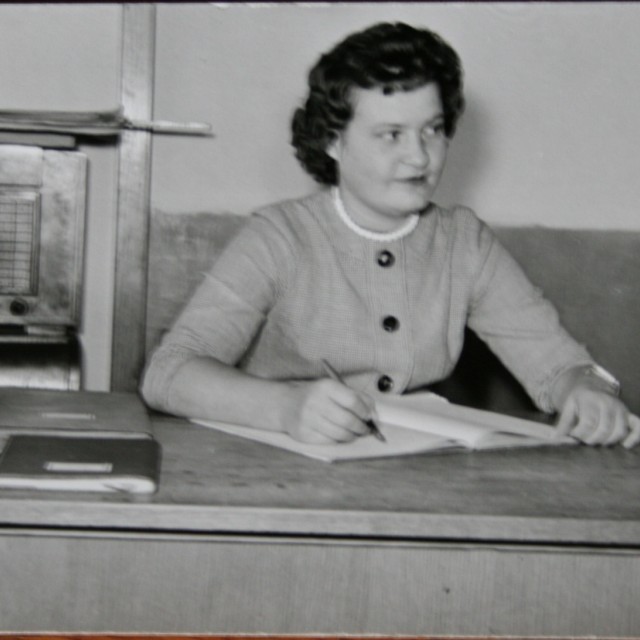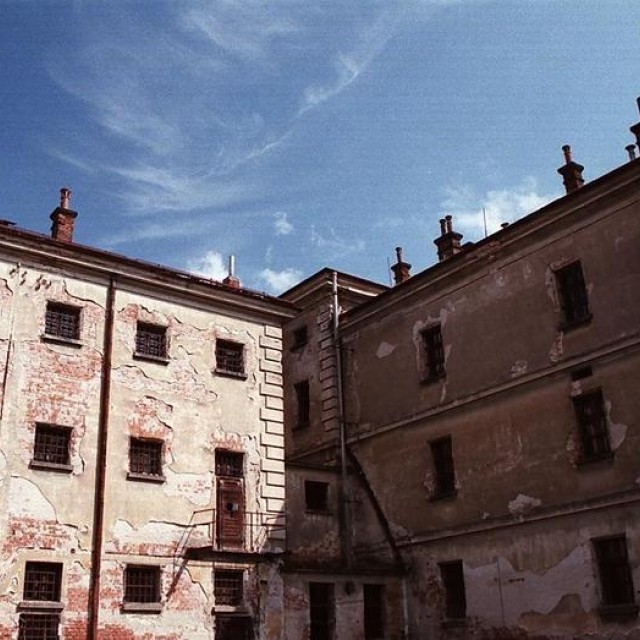The journey to freedom ended in Uherské Hradiště
The brother of a contemporary witness, Eva Vrbová, was a partisan during the war, so after the liberation in 1945 he was highly esteemed by the Communists. They offered him membership in the Party, even the State Security was interested in him. He accepted neither. Instead, he headed for Austria with the determination to shoot his way to freedom, in case such a situation would occur. In Vsetín, he was arrested by an old friend, who was now in the ranks of the “defenders of the border”, but he did not take his weapon away from him. Jaromír started to run and his answer to the shooting of his former friend was – a lethal injury. Then he asked his friends whom he trusted for help. The contemporary witness recounts the following: “At the time, there were too many traitors. Friends, whom he thought he could trust, promised to take him to Austria; they had come to pick him up, but in a car... They took him to Uherské Hradiště to Grebeníček. He was to be hanged... My parents decided not to tell me. My father and Bohumír had gone there (that is, to the last visit before the execution). Not even my mother had gone, she wouldn’t have been able to bear it. His wife Adélka was there. If she took her children with her, I’m not sure, but probably not. He was completely reconciled, he believed in God. We weren’t interrogated, they just kept watching us. We had been to the trial. That was terrible, I wouldn’t wish that for anyone. The labourers were so aroused and believed it all so much! We saw, how the boys were just reciting it all, Jaromír was in complete apathy, he answered to everything, right, and it was obvious that he had no idea what he was saying. And the judges spoke frantically and the labourers were all on their feet... It was very uncomfortable. And my mother – until this day, I can see how she was holding her bag on her lap and her hands were shaking... It is horrifying to recollect all this. We were there as spectators, who had bought their tickets, of course.”
Hodnocení
Hodnotilo 0 lidí
Routes
Not a part of any route.
Comments
No comments yet.








